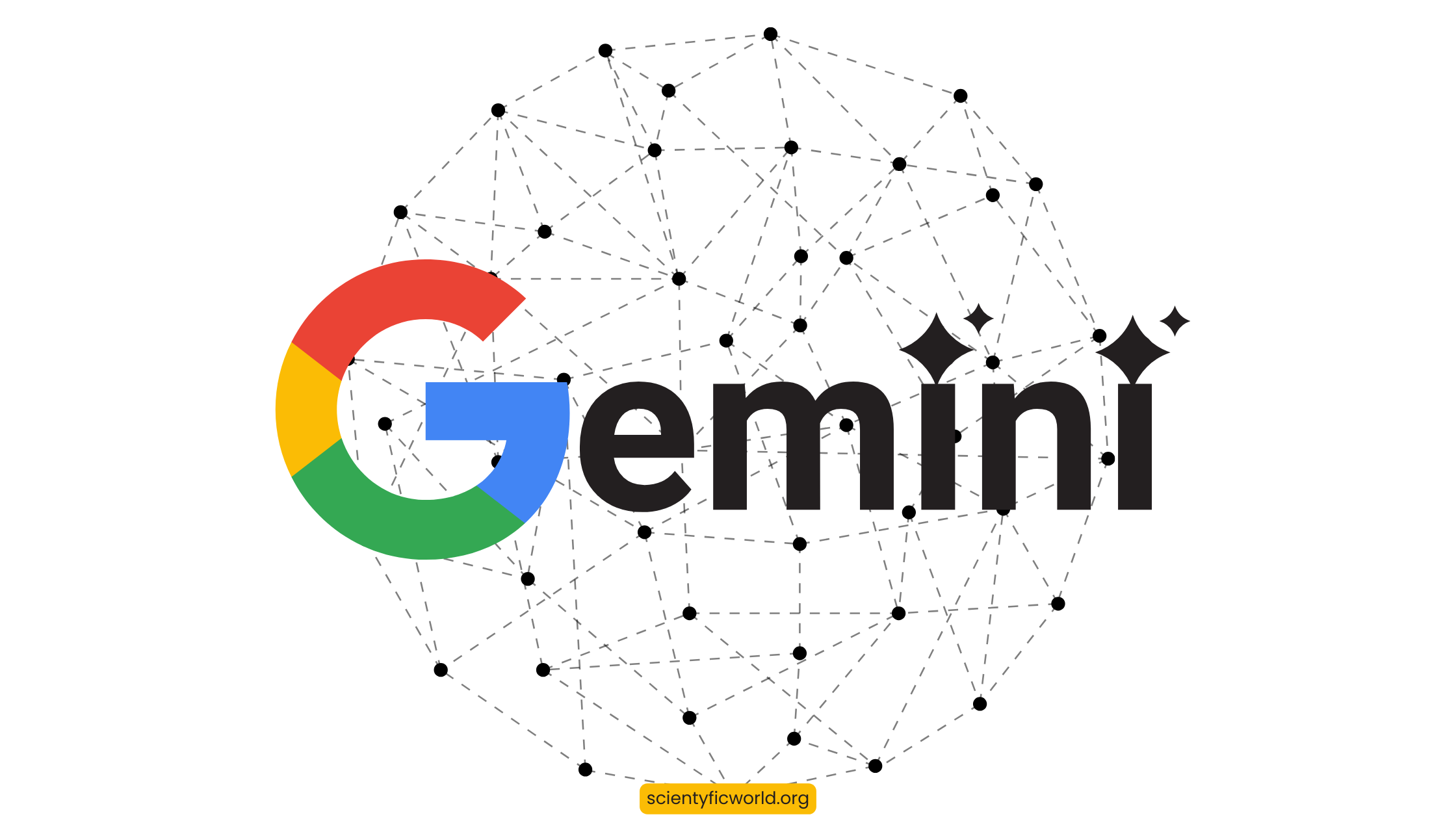GitLab has recently issued critical security patches for its Community Edition (CE) and Enterprise Edition (EE), addressing multiple high-severity vulnerabilities that could potentially compromise user data and system integrity. The newly released versions—17.11.1, 17.10.5, and 17.9.7—are now available, and GitLab strongly recommends that all self-managed installations upgrade immediately to mitigate these risks.
Significant Vulnerabilities Addressed
The latest security update targets several critical vulnerabilities:
1. Cross-Site Scripting (XSS) in Maven Dependency Proxy: Two critical XSS vulnerabilities have been identified and patched:
– CVE-2025-1763: This flaw allowed attackers to bypass content security policy directives, potentially leading to unauthorized script execution within the user’s browser. It has been assigned a CVSS score of 8.7.
– CVE-2025-2443: A similar XSS vulnerability exploiting misconfigured cache headers was also addressed, posing significant security risks.
2. Network Error Logging (NEL) Header Injection: Identified as CVE-2025-1908 with a CVSS score of 7.7, this vulnerability could enable malicious actors to monitor user browser activity, potentially facilitating complete account takeovers.
3. Denial of Service (DoS) via Issue Preview Feature: CVE-2025-0639, with a CVSS score of 6.5, addressed a medium-severity DoS vulnerability affecting the issue preview feature, which could disrupt service availability.
4. Unauthorized Access to Branch Names: CVE-2024-12244, assigned a CVSS score of 4.3, fixed an access control flaw that permitted unauthorized viewing of branch names even when repository assets were disabled.
Significant Bug Fixes in This Release
In addition to security patches, GitLab’s latest releases include several important bug fixes to enhance system stability and performance:
Version 17.11.1
– Pipeline Security: The `allow_composite_identities_to_run_pipelines` setting is now protected behind a feature flag to prevent unauthorized pipeline executions.
– Amazon Q Integration: Resolved issues causing disconnects and documentation errors for Amazon Q, ensuring seamless integration.
– CI/CD Improvements: Corrected string conversion for CI Inputs and improved handling of the latest DS templates with Static Reachability, enhancing continuous integration and deployment processes.
– Cloud Connector: Tokens now sync hourly, improving reliability and reducing potential downtime.
– Workhorse & Gitaly: Updated dependencies to enhance performance and stability of these critical components.
– User Interface Fixes: Resolved file attachment issues in the new interface, improving user experience.
Version 17.10.5
– Mailroom Location: Fixed Universal Base Image (UBI) mailroom path issues, ensuring proper email processing.
– Go gRPC Update: Upgraded to version 1.71.1, addressing security vulnerabilities and enhancing communication protocols.
– Zoekt Indexing: Implemented multiple fixes to project filtering, node management, and instant eviction of indices, improving search functionality.
– Session Security: Session cookies are now cleared when the browser closes, reducing the risk of session hijacking.
– AI Events Backfill: Improved data backfill from PostgreSQL to ClickHouse, enhancing data analytics capabilities.
– Cloud Connector: Backported hourly token sync patch, ensuring consistent token management.
Version 17.9.7
– FIPS & UBI Compliance: Backported pipeline naming fixes to ensure compliance with Federal Information Processing Standards and Universal Base Image requirements.
– Encryption Keys Management: Introduced the `gitlab:doctor:encryption_keys` task for easier management of encryption keys, enhancing security protocols.
– Workhorse & Gitaly: Updated dependencies to improve stability and performance.
– Mailroom Location: Backported UBI mailroom path fix, ensuring consistent email processing across versions.
– Go gRPC Update: Security update to version 1.71.1, addressing known vulnerabilities.
Recommendations for Users
Given the severity of the addressed vulnerabilities, GitLab strongly advises all users to upgrade their installations to the latest patched versions—17.11.1, 17.10.5, or 17.9.7—without delay. Delaying these updates could leave systems vulnerable to potential attacks, including unauthorized access, data breaches, and service disruptions.
For self-managed GitLab installations, administrators should follow the official upgrade documentation to ensure a smooth transition to the patched versions. GitLab.com users are already protected, as the platform has been updated to the latest secure version.
Conclusion
As cyber threats continue to evolve, maintaining up-to-date software is crucial for safeguarding sensitive data and ensuring the integrity of development environments. GitLab’s proactive approach in releasing timely security patches underscores its commitment to user security. Organizations utilizing GitLab should prioritize these updates to protect against potential exploits and maintain a secure operational environment.



